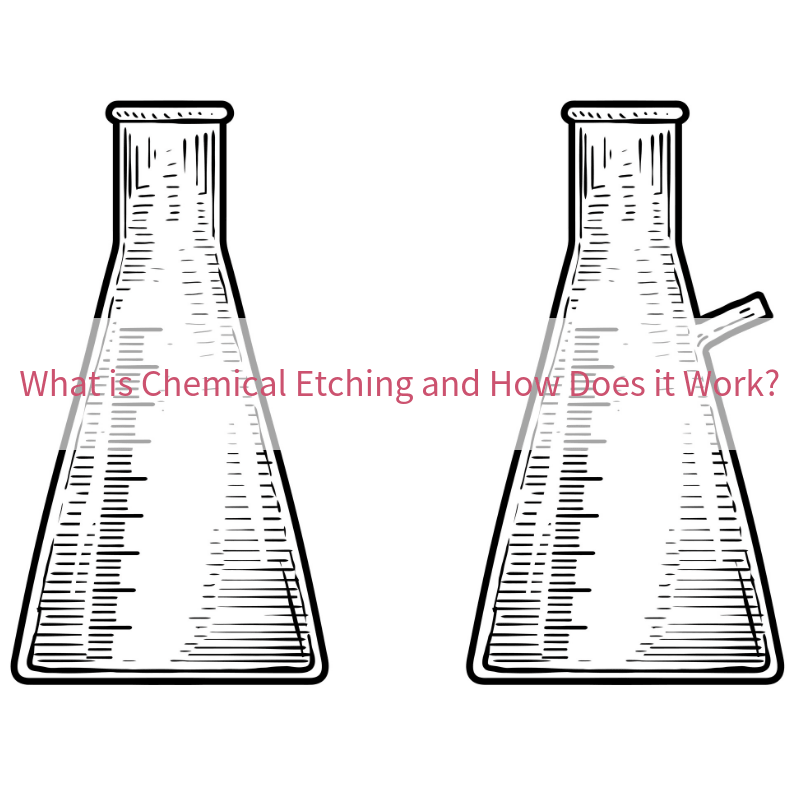
Chemical etching is a highly precise and extremely useful method of manufacturing metallic products and while quite advanced, few individuals are aware of the specific processes. In order to fully appreciate the applications, it is a good idea to take a look at the principles behind chemical etching in greater detail.
When Accuracy Counts
Chemical etching is sometimes referred to as electrochemical etching or photo etching and yet, the processes are the same. This type of etching is used to remove tiny layers of metal from the surface of a product (often called the substrate). Not only can this be used when producing machine parts or in the event that a surface needs to be prepared for further modifications, but it is often employed when creating certain types of signage such as plaques and awards. Another benefit is that numerous varieties of metals can be used. This is why options such as professional brass engraving come in very useful when nothing less than the most precise patterns are desired.
How Does Chemical Etching Work?
Once the substrate material is put in place, portions are covered with a thin light-sensitive resin known as “photoresist”. Other parts of the metal will remain unprotected. Then, the entire piece is exposed to ultraviolet light for a predetermined period of time. The photoresist is developed; resulting in a positive image of the product. This pattern is then immersed within an etching solution. The solution effectively removes those metallic portions of the substrate that were not protected by the photoresist. All of these steps are performed within a highly precise and sterile environment. This helps to ensure that the end result is accurate and free from even the smallest of errors.
The Benefits of Chemical Etching
Not only is this process highly efficient, but it is often more precise when compared to even modern methods such as CNC machining and laser engraving. In fact, tolerances within a few micrometers can be achieved; very important when the production of extremely parts or patterns cannot be left to chance. It should also be mentioned that chemical etching can be used in bulk production tasks. This saves time as well as money.
In order to learn more about such a unique process or to consult with a technician, please contact Able Engraving at your disposal. When nothing but the best will do, we are here to help.
